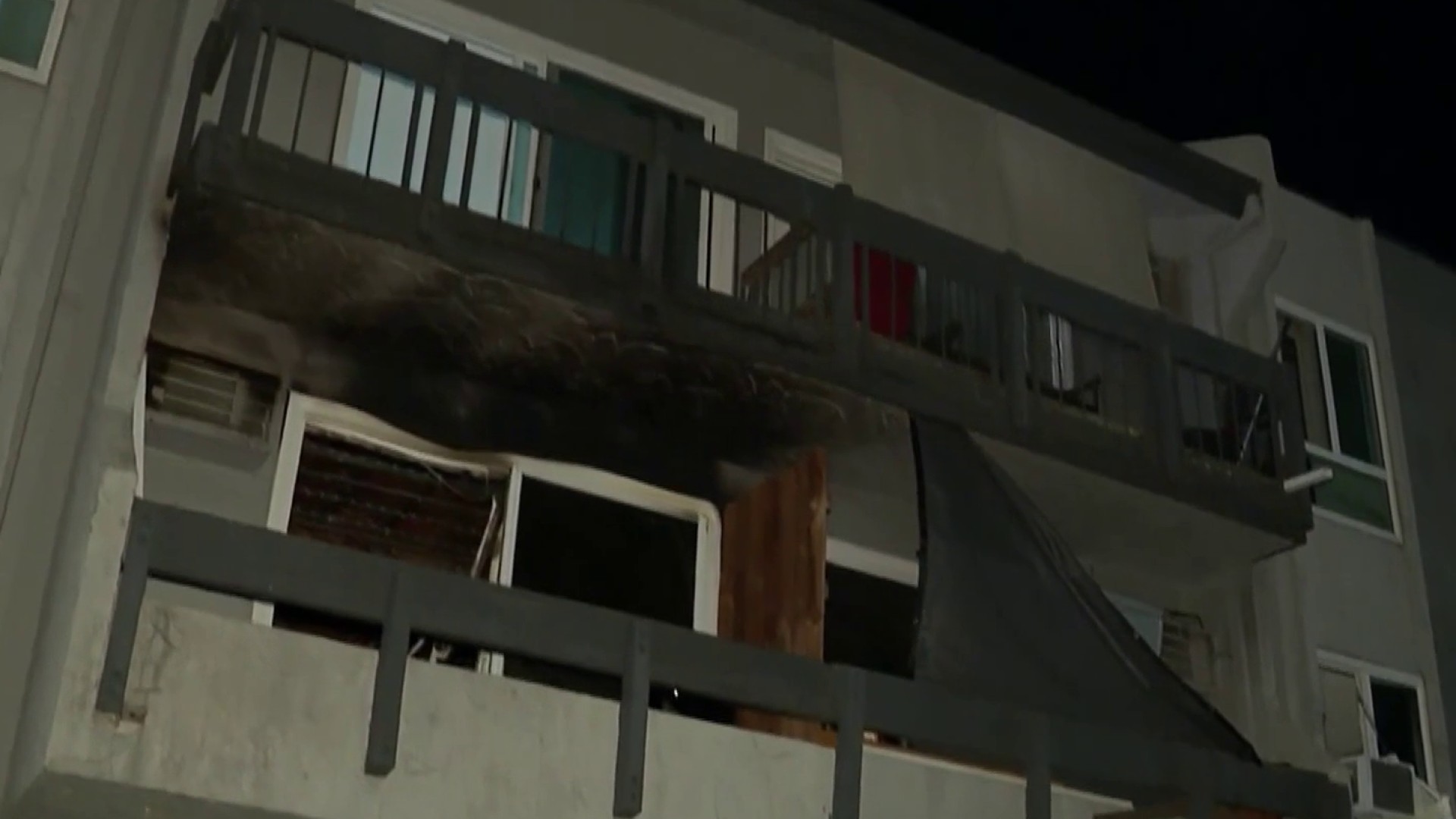Some lucky Southern California stargazers were treated to a virtually unprecedented sight this weekend when the sky turned green, pink and red as the Northern Lights made a rare appearance here -- and there could be an encore Saturday night.
The National Oceanic and Atmospheric Administration had announced that Aurora Borealis would be visible in the contiguous United States late Friday and early Saturday, as far south as Alabama to northern California.
That was enough to send some Southland residents scurrying to local mountain tops in hopes of seeing even a reduced glimpse of the famous phenomenon, which is typically seen in areas of Europe, the northern Atlantic Ocean, Canada and Alaska.
“This is absolutely unprecedented to see this in Southern California,” photographer Mark Girardeau of Orange County Outdoors wrote on Instagram at about 1 a.m. Saturday, accompanied by a photograph taken near Mountain High in Wrightwood, high up in the San Gabriel Mountains.
Get top local stories in Southern California delivered to you every morning. Sign up for NBC LA's News Headlines newsletter.
“It's viewable as far south as San Diego and Mexico,” Girardeau added. “It would be visible from Orange County if it weren't for the clouds.”
Girardeau was joined by other local photographers including Patrick Coyne of Torrance.
“Last night absolutely felt like a dream. We had the privilege of seeing the Northern lights here in Southern California!'' Coyne posted, along with a video showing the dazzling display. “The geomagnetic storm had a KP index of 8 which is why we got to see it all the way down here at Mountain High. The entire sky showed this gorgeous red/pink color and you could absolutely see it with your eyes.”
Local
Get Los Angeles's latest local news on crime, entertainment, weather, schools, COVID, cost of living and more. Here's your go-to source for today's LA news.
The lights were caused by an unusually strong geomagnetic storm that erupted from a sunspot cluster on the sun.
The NOAA said Saturday that ``storming of extreme intensity would continue through at least Sunday,'' and “several CMEs (coronal mass ejections) are anticipated to merge and arrive at Earth on May 12th.”
The best viewing spots to take in the phenomenon are the mountains and deserts, away from the artificial lights of densely populated areas.



